When you’ve got horses, it’s always good to learn what kind of plants you can grow around them and which ones you should avoid. Tomatoes are a member of the nightshade family, tomatoes are often a concern among horse owners. Are tomatoes toxic to horses?
Tomato plants include multiple toxins, including atropine, hyoscyamine, and solanine. They are poisonous to horses and must be avoided at all costs. Though the toxicity level is low in the tomato fruit, most equestrians advise against feeding it because it may cause colic and diarrhea.
Make sure you are well aware of what’s growing in your horse’s pasture and if it’s safe for them or not. Furthermore, it’s also important to know what steps to take if your horse feeds on something it shouldn’t have.
Oh, and since you’ve got tomatoes, you’ll probably want to check out our full article for tricks on how to grow more tomatoes.
Can Horses Eat Tomato Fruit?
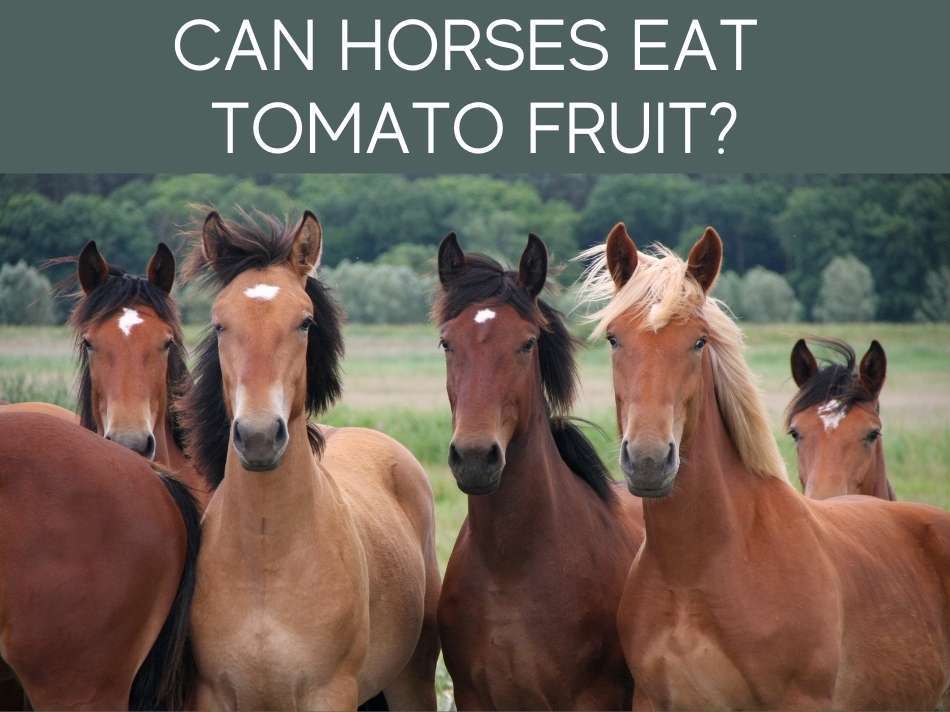
Tomato fruit is NOT a healthy treat for your horses.
Though horses can eat several types of fruits and vegetables, tomato, for one, shouldn’t be on their plate.
Neither should potatoes and apples.
Though the solanine level in the ripened fruit is low, there are also other toxins to worry about.
Tomatoes also contain atropine and hyoscyamine.
Atropine is concentrated in the green parts of the plant but is also present in the ripened fruit.
This toxin slows down digestion, while hyoscyamine inhibits saliva production, which also affects digestion negatively.
It’s unlikely that your horse will suffer if it has a tomato or two, but it’s best avoided if you don’t want to take any risks.
Consumption of a few tomatoes may result in colic and diarrhea, but you won’t see any serious damage unless the horse has eaten too many tomatoes at once.
Generally, although tomatoes are probably the most popular thing to grow in gardens, tomatoes & especially tomato plants, stems, & leaves are toxic to animals\n
And yes, tomato plants are toxic horses and other critters like rabbits.
Oh, and if you’re wondering about goats–who seem to eat darn near anything: Yes, tomatoes are also toxic to goats.
Some horse owners believe that tomatoes are safe for their horses.
In fact, many regularly feed a tomato or two each day, without any visible side effects.
These particular breeds are likely immune to tomatoes, but that does not suggest that tomatoes are safe for all horses.
Since you cannot be sure if your horse will respond favorably to tomatoes or not, it’s best not to include tomatoes in their diet.
In short, no, don’t feed tomatoes to your horses. It’s likely unsafe for them.
Can Horses Eat Tomato Leaves?
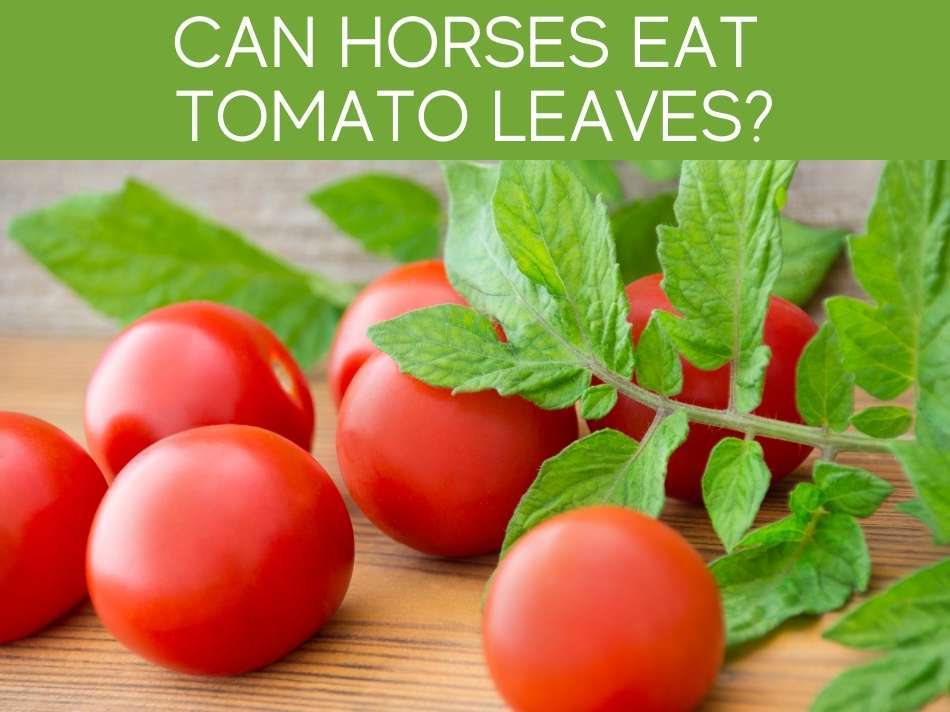
The tomato plant itself is even bigger of a menace for your horses than the ripened fruit.
Avoid growing tomatoes or any other members of the nightshade family in the area where your horses graze since they can cause solanine poisoning.
The glycoalkaloid, called solanine, is concentrated in the green parts of the nightshade plants, including stems, leaves, and unripe fruits.
Tomato plants are very poisonous to horses.
The toxicity is highest in green fruits, followed by leaves, stems, and roots.
According to estimates, 1 to 10 pounds of tomato plants can be fatal to a horse if consumed.
Even if the horse does not eat it up in large amounts and it does not prove fatal, it may cause discomfort.
Though horses generally won’t find the tomato plant very appealing, it’s better to stay on the safe side and plant tomatoes and other nightshade plants in properly fenced areas so there’s no chance that your pets will access it.
What Are the Symptoms Of Solanine Poisoning?
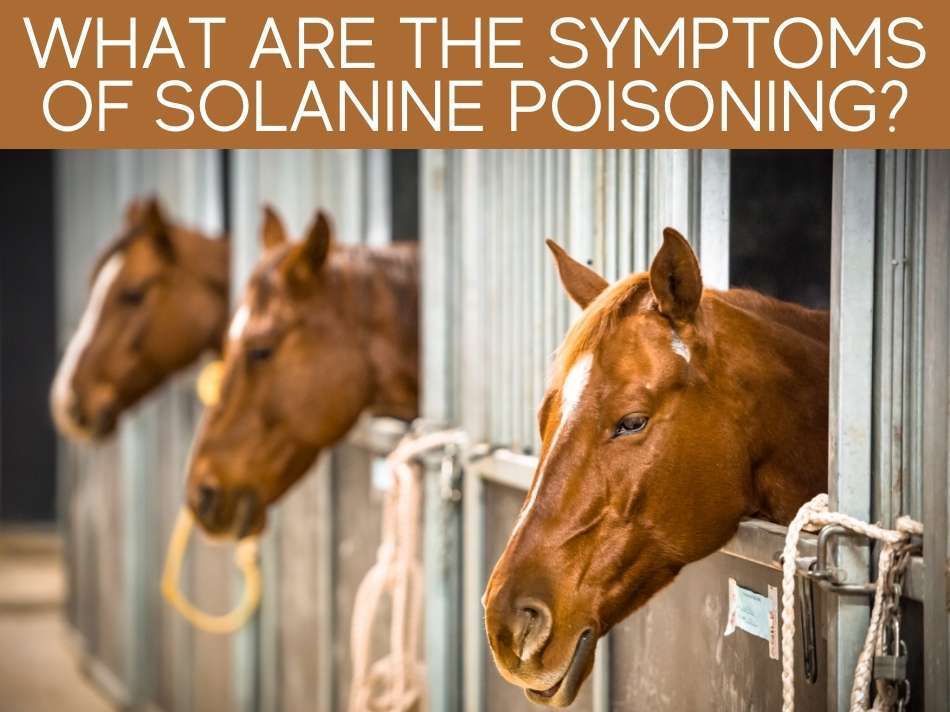
Be aware of the symptoms of solanine poisoning so you can quickly consult the vet and address the problem before it’s too late.
The longer it takes your horse to receive treatment, the greater the risks will be.
There have been multiple reports where solanine poisoning has resulted in the death of horses under the supervision of unknowledgeable people.
Here are some of the signs to be aware of:
- Diarrhea
- Loss of appetite
- Dilated pupils
- Loss of muscle coordination
- Drowsiness
- Weakness
- Confusion
- Depression
- Hallucinations
- Hypersalivation
- Slowed heart rate
- Gastrointestinal problems
What Should You Do If Your Horse Has Had Tomatoes?
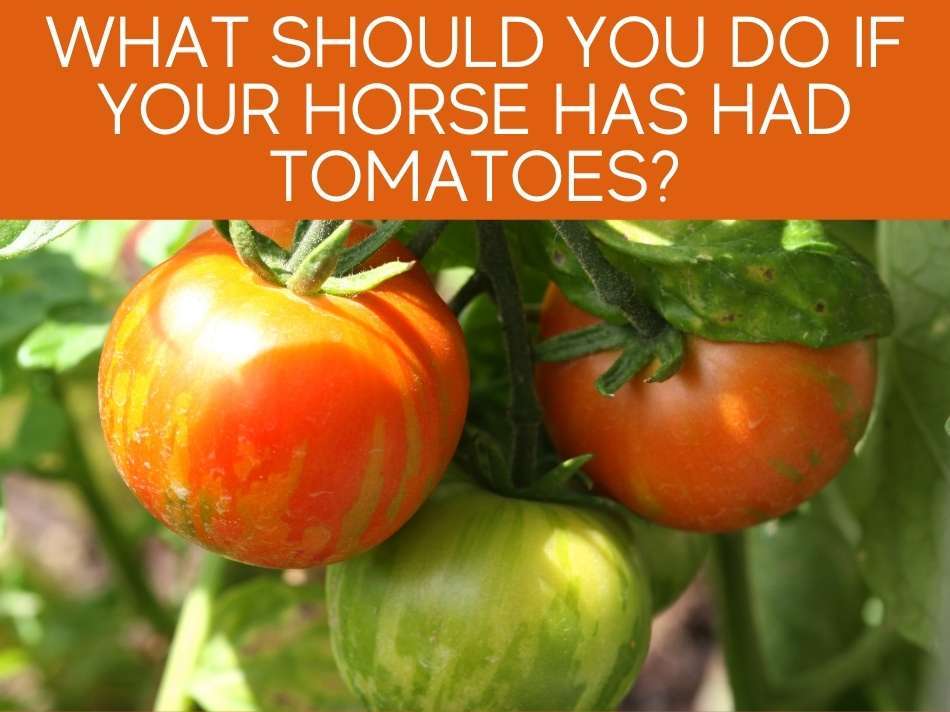
So if you see any symptoms or suspect that your horse has fed on the tomato plants, what should you do?
Horses can recover from alkaloid poisoning if it’s caught early and the animal receives the correct treatment on time.
If a horse shows any signs of poisoning or any unprecedented change in behavior, always seek advice from an expert.
Call the vet immediately and let them handle it from there.
They’ll most probably request for a blood test or a urine test to further clarify the condition before suggesting a course of treatment.
Examining the fecal matter can also help diagnose what’s causing the problem.
Once your horse has been treated, be extra careful regarding his behavior and health during the next few days.
Pay careful attention to the horse’s meals and remove any harmful substances around its stable or pasture.
Can Horses Eat Tomatoes?
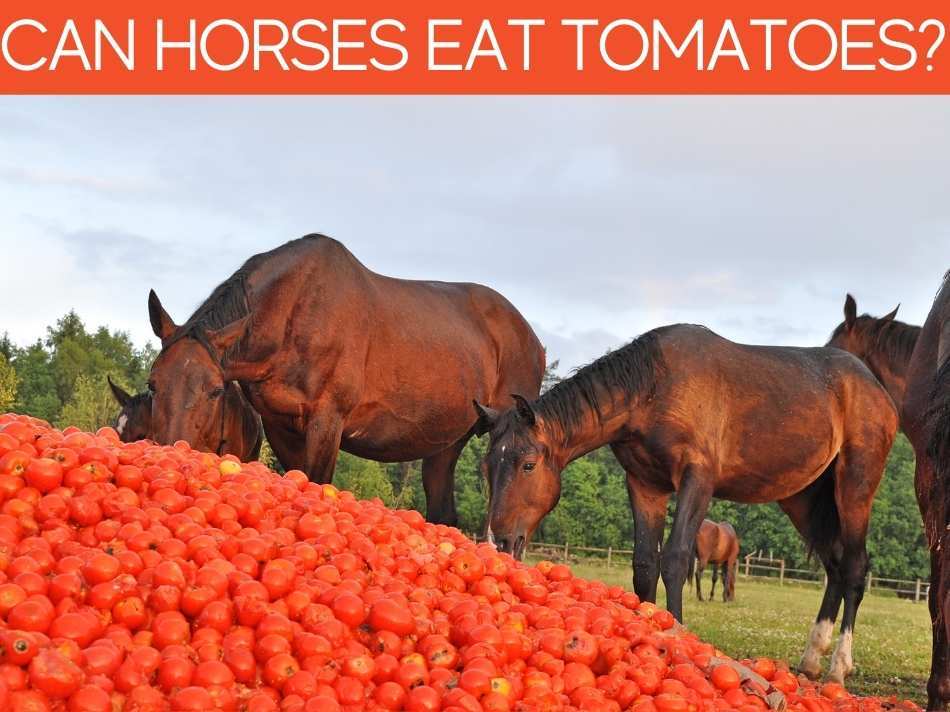
Though tomatoes are sweet, juicy treats for you, they’re not suitable for your horses.
It’s natural to want to give your pets all the things you love to eat, but it’s also important to understand that the things that are healthy for you might not be the best choice for your pets.
A friendly horse may thankfully accept anything you offer, so it’s entirely up to you to decide what to feed them and what not to.
No, you should not feed tomatoes to your pet horse.
Tomato plants, as a whole, complete with the fruit and foliage, aren’t good for your horses.
Though a tomato or two won’t cause any significant damage, it’s best not to take the risk.
Do not offer any tomatoes to your horses, not even in small quantities.
Never throw old tomato plants from your garden to the horse’s pasture, which can be detrimental to their health.
The same goes for all other nightshade plants. Identify the nightshades in the area where your horses graze and remove them before your pets suffer.
Horses Can’t Vomit
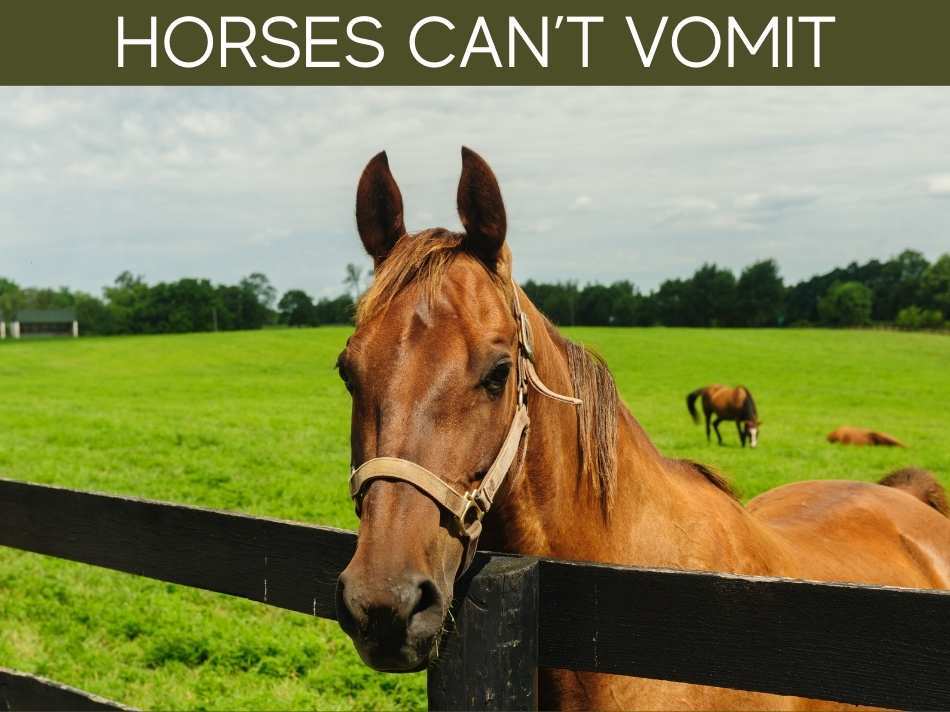
Did you know that horses can’t vomit?
This is just why you need to be extra careful about their diet since if they eat something they shouldn’t have, there isn’t a way to expel it without the harmful substance passing through their system.
Since horses can’t throw the toxic substance out of their system, there’s a greater chance of death from alkaloid poisoning in horses than in other animals.
Take good care of your horses, and don’t let them go near anything that’s not good for them.
Possible Solutions For Tomato Poisoning
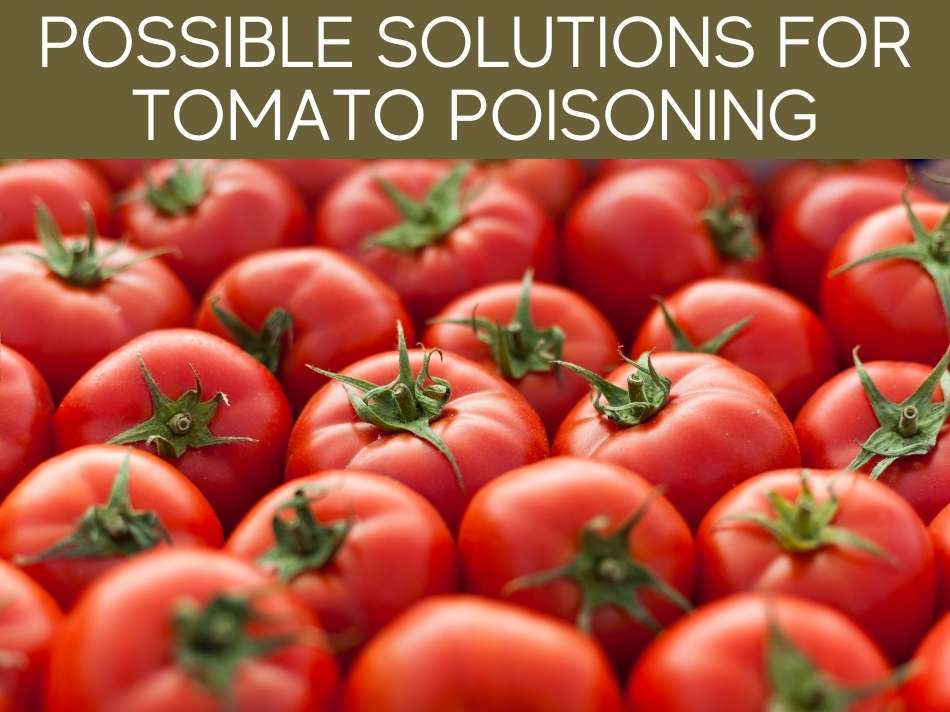
Let the vet decide what they deem fit for treating the horse since they’re the experts.
Horses can recover from solanine poisoning if it’s caught in time.
The treatment usually includes supportive care and neostigmine as a medication to speed up the recovery.
Activated charcoal is also an effective treatment in most cases.
It helps bind the toxin and prevents it from finding its way into the horse’s digestive tract.
Will Horses Eat Tomato Plants?
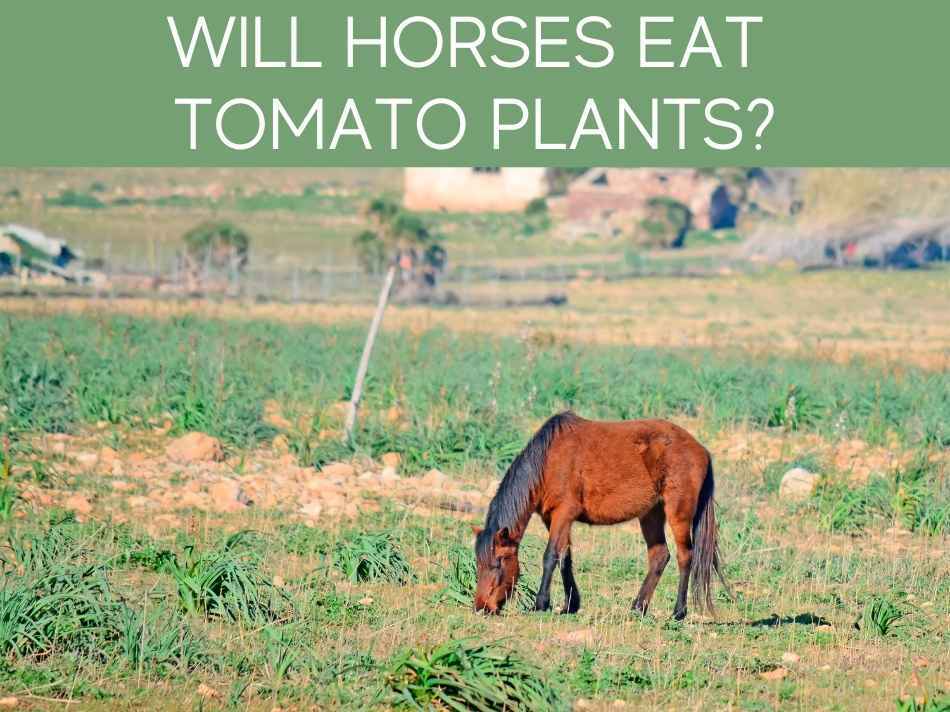
Tomato plants aren’t palatable to horses.
They won’t typically go for these plants unless they are starving and no other food source is available.
If you keep your horses well-fed, and there’s plenty of pasture for them, it’s possible to grow tomato plants without fearing that the horses will feed on them.
However, the same might not be valid for the tomatoes themselves.
The ripe, juicy fruits might spark up an appetite in a curious horse, and it may decide to feed on it; you never know!
There’s no set rule.
Just like humans, horses behave differently. While most won’t bother trying anything new as long as they have plenty of pasture around them, some might actually enjoy the taste of ripe tomatoes.
However, it’s still bad for their health.
Prevention Is The Best Option
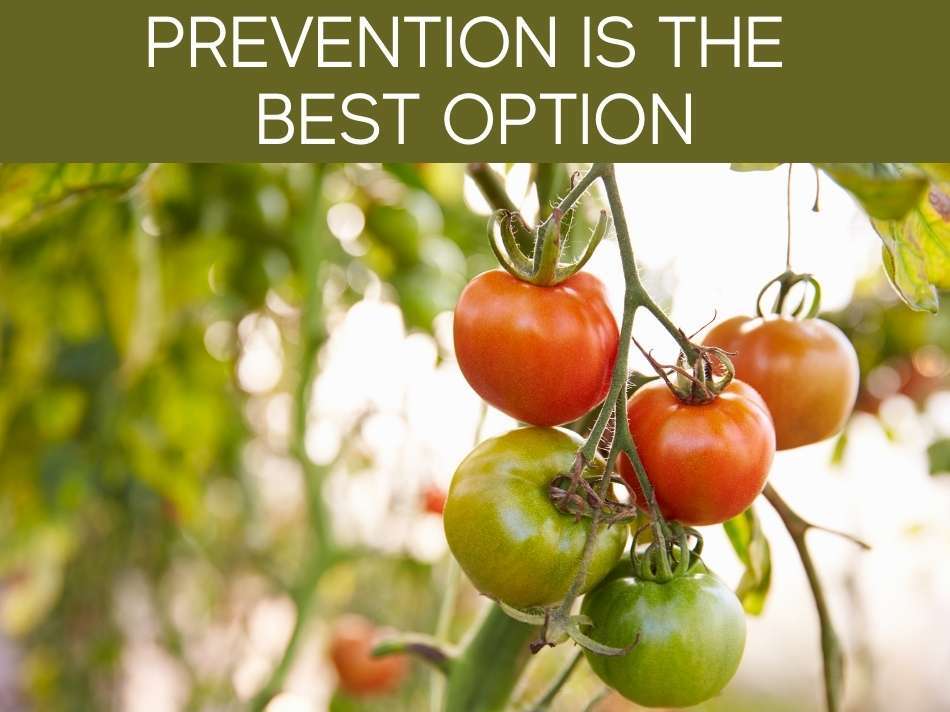
Rather than leaving the horse to decide whether it will go for the tomato plant or not, the better option is not to let it near any harmful plants in the first place.
Prevention is always better than cure.
As a horse owner, you’ll always want what’s best for them and wouldn’t want to find them in any trouble.
Avoid growing any tomato plants in the area that’s accessible to them.
Also, make sure the area is clear of all other nightshades, including:
- eggplant,
- pepper,
- tobacco,
- horse nettle, and
- potato.
If you want to grow any such plants that can be toxic to horses, grow them in a fenced area, making sure they can’t access any part of the plants.
If any nightshade plant is already growing in the pasture land, uproot it and look out for any new growth.
Keep your land clear of poisonous plants to make sure the horses don’t eat anything that could be bad for their health.
Conclusion
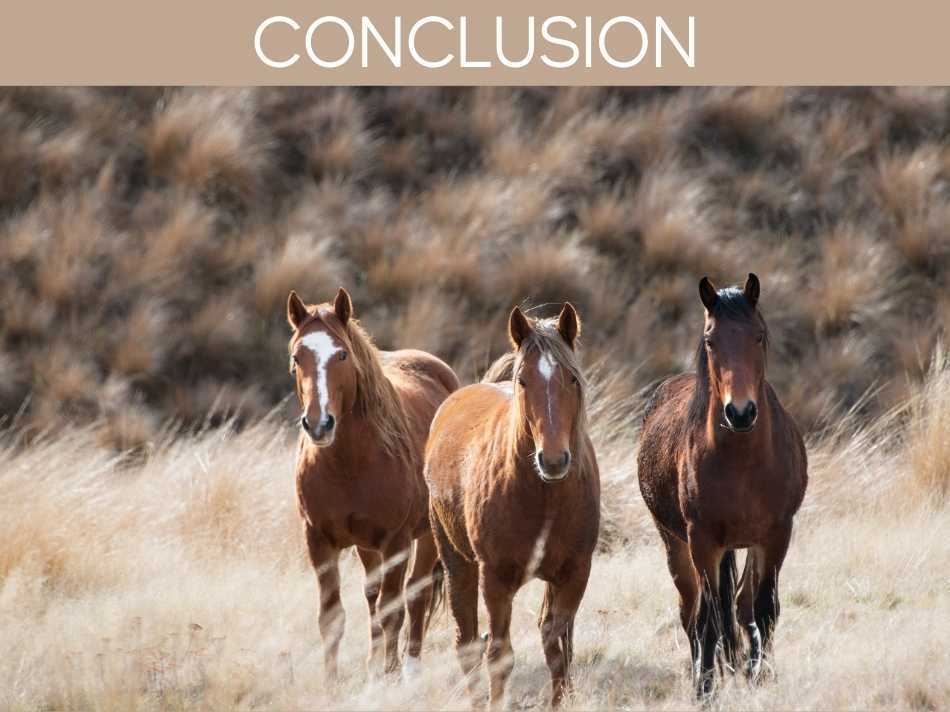
Now that you know tomatoes and tomato plants are toxic to horses, avoid feeding them any part of the tomato plant.
Pay careful attention to their diet and make sure they don’t help themselves to any of the poisonous nightshades.
